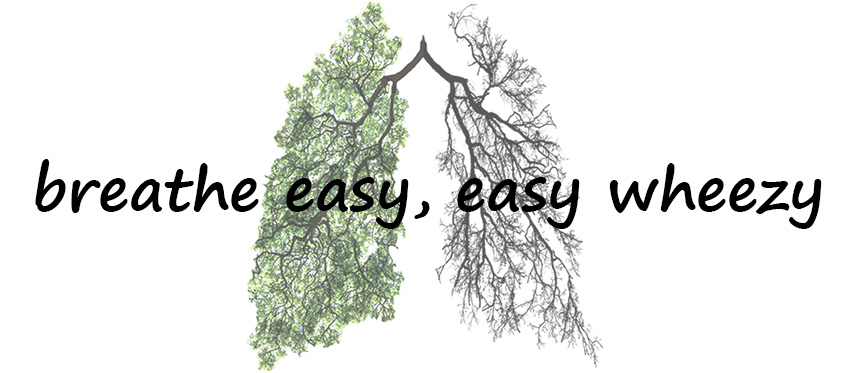Friday,
18.06.2021, 01:30 a.m.: "We have lungs for you."
Less than 24h on the transplant list. Still trying to accept that transplant
was the only and last option if I wanted a realistic chance. Not only to regain
quality of life, but to survive.
I
spent the last 5 weeks leading up to my double lung transplant in hospital.
Despite our best efforts and trying every possible treatment option I wasn’t
showing any signs of improvement. I knew my lungs were failing, yet I wasn’t
fully aware how ill I really was.
Letting
go of that spark of hope that my lungs would improve again and agreeing on
actively listing me on the high urgency transplant list was tough. Not just did
it feel like I failed my own lungs, but also failed seeing the
severity of my condition.
I wanted more time. More time with my lungs. More time to process that it was
time to take this huge step. I wanted a guarantee that new lungs wouldn't just
give me more time, but enough time. And while none of this was possible, moving forward was.
The
first three days after having my lung transplant, I was kept sedated,
ventilated and on ECMO to give my body time to adapt and recover from
surgery.
Soon after waking up, still hallucinating from the strong medications and
distressed from the pain I became aware of the fast and shallow breaths I was
taking. I still felt extremely breathless but my new lungs were working. I was
off supplemental oxygen completely.
I
think I expected myself to feel happy and grateful I no longer had failing
lungs, instead I wasn't feeling anything (except from horrendous pain from surgery).
I did what had to be done. Sat up, stood up and even walked a few meters with a
physiotherapist. I was fighting. And knew what I was fighting for but it also
was a fight against an enemy that did not exist.
It probably sounds paradoxical, but I only started fully accepting my new
lungs, whilst my body was rejecting them. I developed acute rejection 3 weeks
after transplant. In a matter of hours, I went from experiencing mild shortness
of breath to feeling like I was suffocating and needing support from high flow
oxygen. Thankfully I responded well to treatment and recognized we could
only move forward together - as a team.
And
that's exactly what we did this past month on rehab.
I can talk, walk and even climb a flight of stairs without getting out of
breath.
For the first in years I'm actually getting somewhere, rather than going around
in circles, or even taking steps backwards.
Going
through this whole transplant process was the hardest thing I ever did. But it
was worth taking that step, I thought I never could.
Today I don't just feel hopeful but feel my lungs expanding when I take a
breath.
Breathing easy, no longer wheezing.






